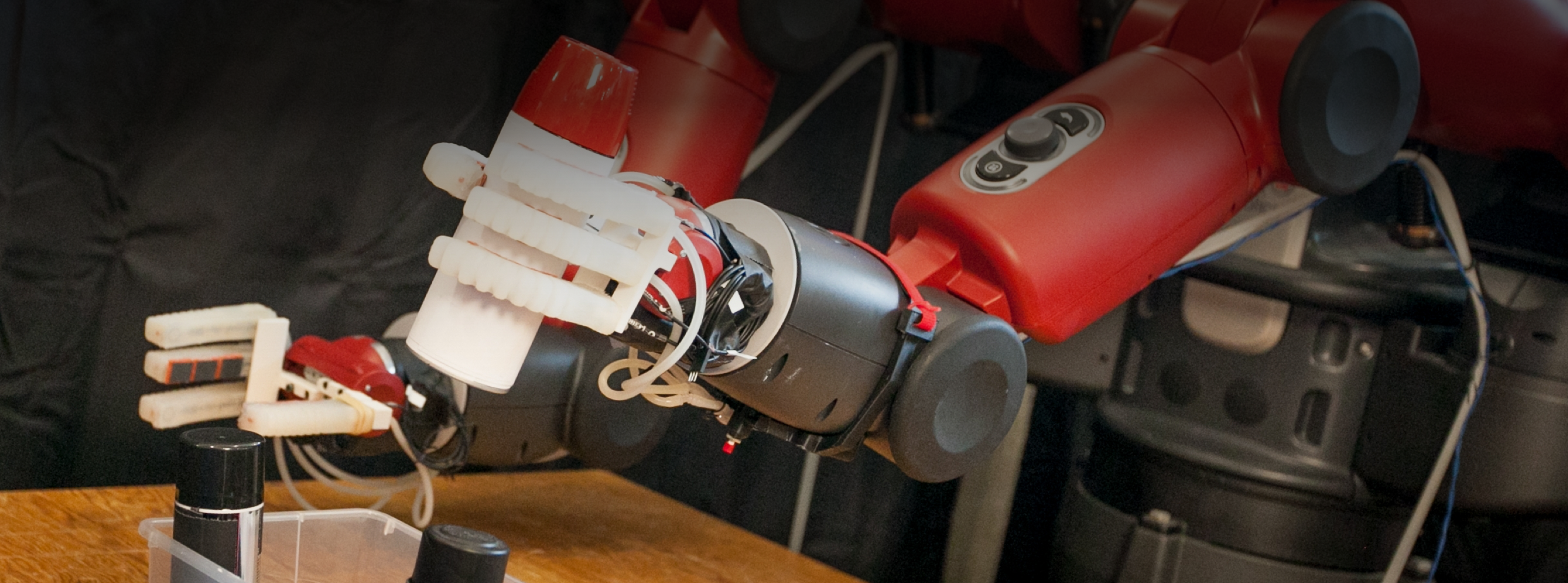WRITTEN BY: Matt Busekroos
Adam Yala started his academic career at MIT in 2012 as an undergraduate before eventually beginning his PhD at CSAIL. Yala’s research interests lie in the intersection of Machine Learning and Oncology. Yala works with Professor Regina Barzilay. His research concentrates on developing new machine learning tools for the early detection of cancer.
Yala said most of their work specifically focuses on breast cancer. The Learning to Cure group has established models to predict the risk of a woman developing breast cancer in the future directly from her mammogram. Additionally, with this information, the group has developed personalized screening policies that both catch cancers at earlier stages and reduces the total amount of imaging.
“Broadly, I think we have the opportunity to really rethink the way we do risk assessment across cancers by leveraging the rich data already generated through patient care,” Yala said. “Moreover, we have the opportunity to redesign cancer screening guidelines globally around these new risk models, to systematically improve early detection and improve outcomes while reducing the harms of unnecessary screening.”
Yala said his research is problem driven and he believes more can be done for the next generation of cancer patients.
“The creative process of coming up with new ideas is genuinely a lot of fun, but the overarching goal of the clinical impact is what grounds all of my work,” Yala said.
Yala always knew he wanted to study computer science. Yala first met Professor Barzilay after taking her NLP class his senior year of undergrad. He said he was enthralled by the field and her lab’s research. He started attending group meetings in the fall of 2015 and has been there ever since; first, as an undergrad, then as an MEng and now as a PhD student.
Yala acknowledges Barzilay as a driving force encouraging him to pursue his PhD.
“When there is an important problem to solve, be it antivirals for COVID or advancing the early detection of cancer, she is relentless and will pursue every possible avenue to make the research possible,” Yala said. “It is genuinely awe-inspiring and opens doors that I wouldn’t even have thought existed. More than any technical idea or skill, I think the importance of resilience and determination in making ambitious science possible has been the best lesson of my PhD.”
Upon completing his PhD, Yala’s dream is to find a faculty job and build his own lab. Yala said there are many scientific problems he is excited about and academia is uniquely positioned to push the science forward.
“I don’t think I could have done the work of my PhD anywhere outside of academia, and I’m thankful for the opportunities it's provided me,” Yala said.

